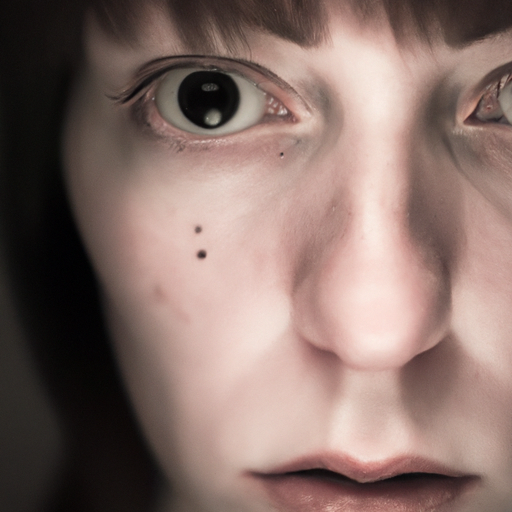Title: Unmasking Clear Skin: A Comprehensive Insight into Acne Treatments
As a dermatologist, I am often confronted with the distressing reality of acne and its impact on people’s lives. Acne is more than just a cosmetic concern; it can significantly affect a person’s self-esteem and overall quality of life. In this article, we will unmask clear skin by delving deep into the world of acne treatments.
Acne is a common skin condition that affects millions of people worldwide. It’s characterized by blackheads, whiteheads, and pimples that can appear on the face, neck, chest, back, and shoulders. It primarily affects teenagers but can also occur in adults. The causes of acne are multifaceted, including hormonal changes, excess oil production, clogged pores, and bacteria.
In the quest for clear skin, it’s crucial to understand that there is no one-size-fits-all solution. The best acne treatment for you depends on your skin type, the severity of your acne, and how your skin responds to different treatments.
Over-the-counter (OTC) treatments are often the first line of defense against acne. These products contain active ingredients like benzoyl peroxide, salicylic acid, and sulfur that work by killing bacteria, reducing inflammation, and unclogging pores. OTC treatments can be effective for mild to moderate acne but may not be sufficient for severe cases.
Prescription medications are typically recommended for moderate to severe acne or when OTC treatments fail to deliver results. Topical retinoids, antibiotics, and oral contraceptives are commonly prescribed. Retinoids help to unclog pores and reduce oil production, while antibiotics kill bacteria and reduce inflammation. Oral contraceptives can help regulate hormones that contribute to acne.
In-office procedures like chemical peels, laser therapy, and light therapy can also be effective in treating acne. Chemical peels involve applying a chemical solution to the skin to remove its outer layers and reveal healthier, smoother skin underneath. Laser and light therapies work by reducing inflammation and killing acne-causing bacteria.
It’s important to note that while these treatments can help manage acne, they may not completely eliminate it. Consistency in using the treatments and patience is key as it can take several weeks to see noticeable improvements.
Moreover, lifestyle changes can also play a significant role in managing acne. A balanced diet, regular exercise, adequate sleep, and proper hydration can help maintain overall skin health. Avoiding certain triggers like stress, certain foods, and harsh skincare products can also help prevent acne breakouts.
In conclusion, acne is a complex skin condition that requires a comprehensive approach to treatment. It’s essential to consult with a dermatologist who can provide personalized advice based on your unique skin needs. Remember, the journey to clear skin is a marathon, not a sprint. With the right treatment plan and a healthy lifestyle, you can effectively manage acne and achieve healthier, clearer skin.
Keywords: Acne, Acne Treatments, Clear Skin, Dermatologist, Over-the-counter Treatments, Prescription Medications, In-office Procedures, Lifestyle Changes.



